A Tale of Two Blossoms,Jaba and Plumeria
Flowers are not just nature’s ornaments; they are silent storytellers, carrying emotions, traditions, and memories within their delicate petals. Among the countless flowers that paint the earth with color and fragrance, the Jaba and the Plumeria hold a special place in my heart. Though different in form and symbolism, both radiate a beauty that reminds us of the elegance and poetry hidden in everyday life.
The Jaba flower, vibrant and bold, often greets us in shades of fiery red. It is a flower deeply rooted in culture and spirituality. In many places, the Jaba is offered in rituals, placed at altars, or tucked into hair as a symbol of charm and grace. Its striking red petals feel like flames of passion, embodying both love and devotion. I have always admired the way the Jaba stands out effortlessly, a single bloom capable of catching every wandering eye. It does not whisper beauty,it declares it boldly, with confidence.
On the other hand, the Plumeria flower, captured beautifully in this picture, tells a quieter story. Its soft pink petals curl outward with a gentle embrace, blending purity with subtle elegance. The heart of the flower carries a warm golden hue, as if holding sunlight within. Unlike the loud vibrance of Jaba, the Plumeria exudes calmness. It is the flower of serenity, often associated with peace, spiritual growth, and the gentle flow of life. When I look at the Plumeria, I feel as though the world pauses for a moment, reminding me of the simple joys hidden in silence.
What fascinates me is how these two flowers reflect two different moods of nature. The Jaba is like the spirited rhythm of a festival drum,energetic, passionate, alive. It demands attention and celebrates life in its fullest form. The Plumeria, in contrast, is like the soft notes of a flute played in the evening breeze,soothing, peaceful, and deeply reflective. Together, they represent the balance we often seek in life: the balance between energy and rest, passion and peace, vibrance and subtlety.
Another thing I love about these blossoms is how they connect with memory. Seeing a Jaba always brings back images of childhood mornings when elders would pluck fresh hibiscus flowers for worship, their red petals glowing in the sunlight. The Plumeria, however, carries me to moments of quiet walks in gardens, where its fragrance fills the air with a gentle sweetness. Both flowers remind me that beauty is not just something we see; it is also something we feel, something that stays with us long after the petals have fallen.
In many ways, these flowers are like teachers. The Jaba encourages us to live with passion, to shine brightly without hesitation, and to embrace our individuality. The Plumeria, meanwhile, teaches us to stay calm, to value simplicity, and to nurture peace in our hearts. When placed side by side, they tell us that life is not meant to be lived in extremes but in harmony,sometimes bold, sometimes gentle, but always beautiful.
As I reflect on the Jaba and the Plumeria, I realize that flowers are not just fleeting decorations. They are companions of the soul, carrying lessons, memories, and inspiration in their fragile petals. And perhaps, in learning from them, we too can bloom in our own unique way.
Phone Details
| Camera | Redmi Not 6 pro |
|---|---|
| Catagory | photography📸 |
| C.MODEL | Not 6 Pro |
| Capture | @rayhan111 |
| Location | Sirajganj - BD[🇧🇩] |
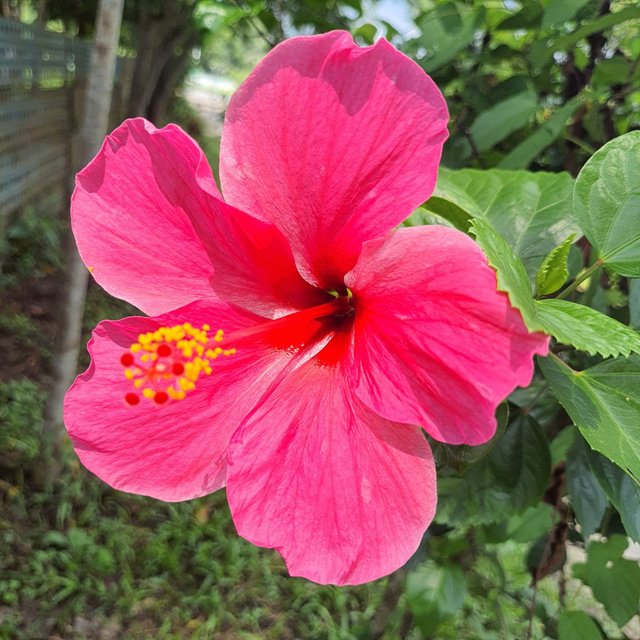
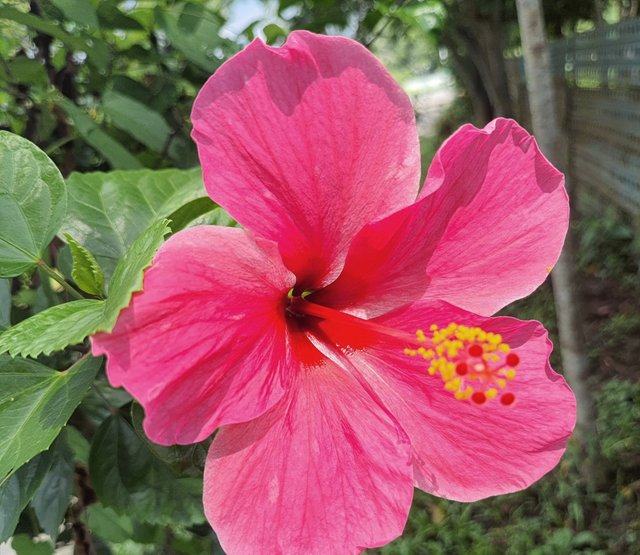
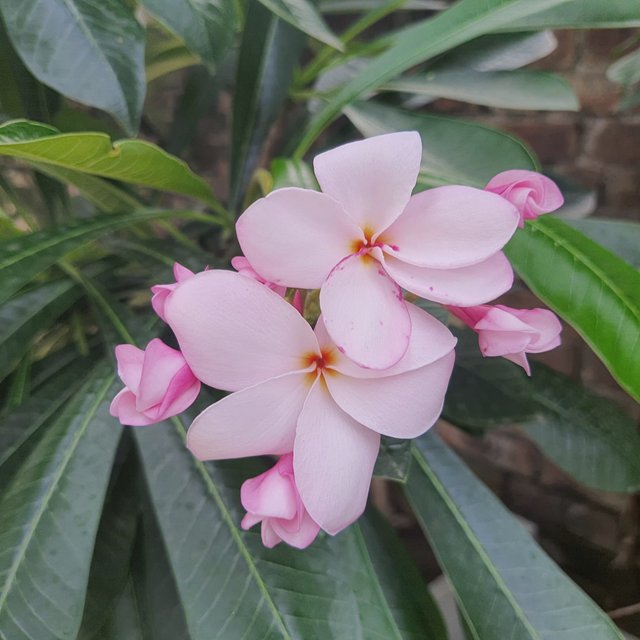
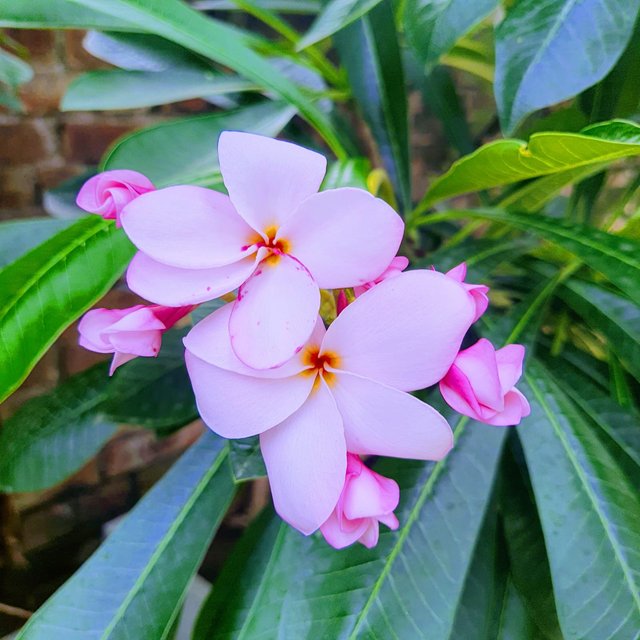
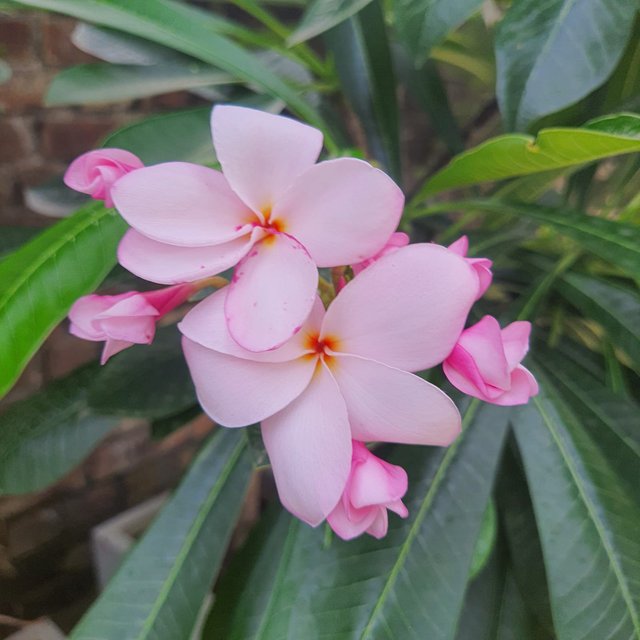
Congratulations!
Your post has been manually upvoted by the SteemPro team! 🚀
This is an automated message.
If you wish to stop receiving these replies, simply reply to this comment with turn-off
Visit here.
https://www.steempro.com
SteemPro Official Discord Server
https://discord.gg/Bsf98vMg6U
💪 Let's strengthen the Steem ecosystem together!
🟩 Vote for witness faisalamin
https://steemitwallet.com/~witnesses
https://www.steempro.com/witnesses#faisalamin
জবা ফুল আমার খুব বেশি ভালো লাগে। আপনি খুবই চমৎকারভাবে জবা ফুলের ফটোগ্রাফি করেছেন। অসংখ্য ধন্যবাদ এত চমৎকার ফটোগ্রাফি আমাদের সাথে ভাগ করে নেওয়ার জন্য।